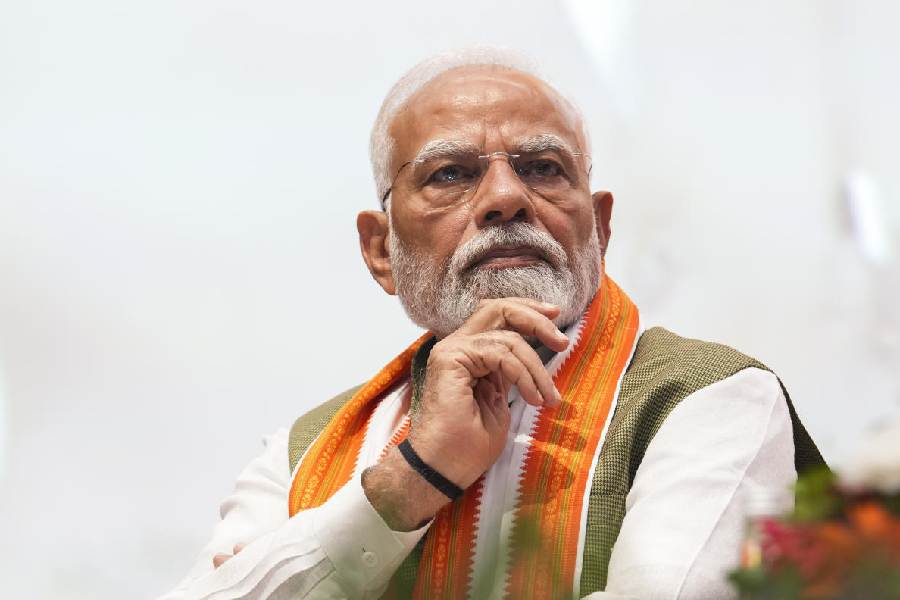The murder and rape of the young doctor at R.G. Kar Medical College and Hospital in Calcutta did not happen because there are not enough laws against rape. The problem, whether in Calcutta or Hathras or Unnao or anywhere else, has been the weak implementation of the laws against all forms of atrocities against women, the misogynistic and politicised attitude of the police and the delays in overburdened courts. In this context, the two letters written by the chief minister of West Bengal, Mamata Banerjee, to the prime minister, Narendra Modi, urging the Centre to formulate a stringent law against rape, penalising perpetrators with exemplary punishment, are more an expression of her concern at the R.G. Kar incident than a useful suggestion. Ms Banerjee’s second letter especially led to some bitterness with the Centre since in it she accused the Centre of not having paid proper attention to the grave and sensitive matter. In the first letter, she had called for better administration of fast-track courts for the speedy delivery of justice in cases of violence against women.
The Bharatiya Nyaya Sanhita, the reformed Indian Penal Code, does have laws against rapists that include life imprisonment and death as punishments. It has been pointed out by experts that capital punishment is often a deterrent — Bengal’s proposed new bill equates rape with murder — not to criminals but to the sentencing judges who might hold back in case there is a mistake. The point, however, is that no discussion of laws can be held hastily in a charged atmosphere. Mr Modi, while inaugurating a conference of district judicial officers, spoke too of the need to deliver justice quickly in cases of atrocities against women. He emphasised, however, the need to strengthen the existing system of district monitoring committees set up under fast-track courts and the deposition centres in the special courts for important witnesses. Quicker decisions would lead to faster justice. He also mentioned the various laws made by different governments. Even though Mr Modi’s approach — of strengthening the existing system — is undoubtedly more sensible than more laws in an overloaded code book, neither he nor Ms Banerjee has been very successful in addressing violence against women. Both leaders need to be perceived as sensitive and active in cases of women’s violence; words and laws mean nothing unless there is a determined drive to
uproot the evil.











